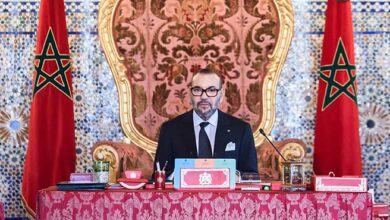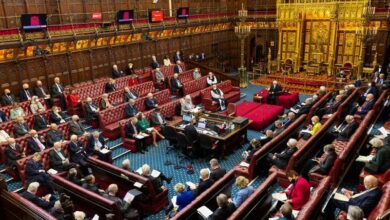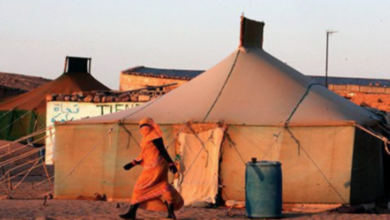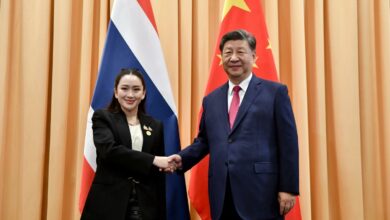In a Joint Statement… Ghana: The Autonomy Initiative is the Realistic and Only Lasting Solution to the Sahara Issue
In a Joint Statement… Ghana: The Autonomy Initiative is the Realistic and Only Lasting Solution to the Sahara Issue
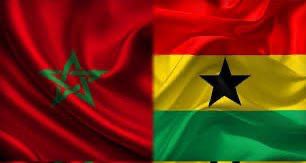
ALDAR/
In a clear diplomatic stance reflecting the depth of the strategic partnership between Morocco and Ghana, the latter has renewed its strong support for the autonomy initiative proposed by Morocco as a realistic, serious, and credible solution to end the regional dispute over the Moroccan Sahara.
Ghana stated in the joint communiqué that the autonomy plan proposed by the Kingdom of Morocco constitutes the only realistic and lasting basis for an acceptable solution to the Sahara issue by all parties.
This came in a joint statement issued following the visit of the Minister of Foreign Affairs and Regional Integration and Ghanaians Abroad of the Republic of Ghana, Mr. Samuel Okudzeto Ablakwa, to Rabat on June 5, 2025, during which he held fruitful discussions with his Moroccan counterpart, Mr. Nasser Bourita.
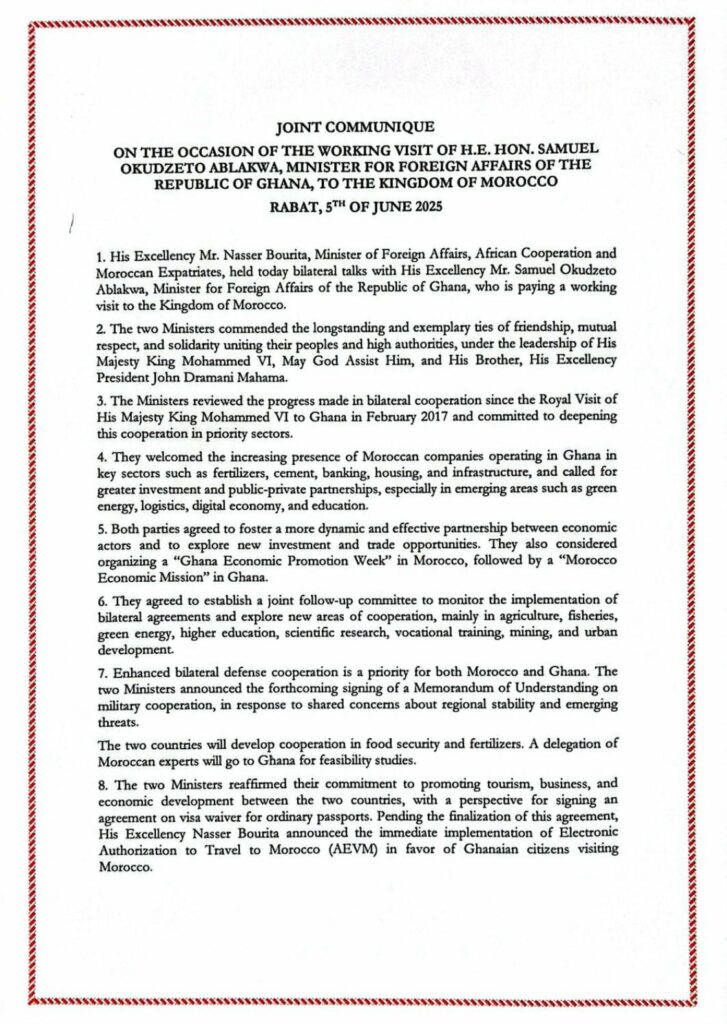
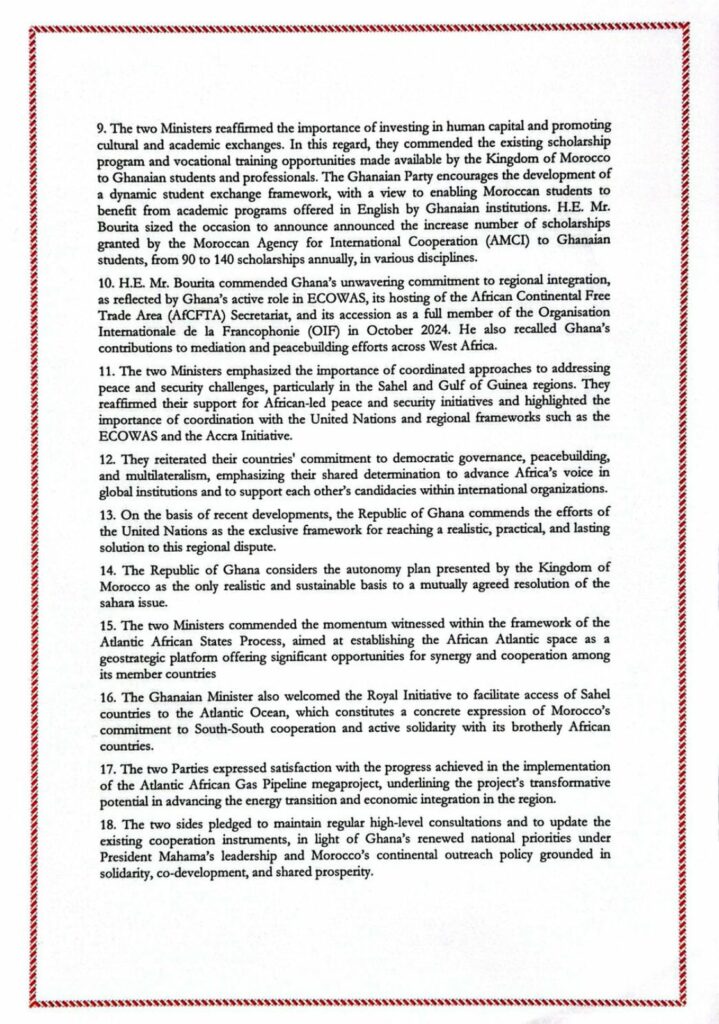
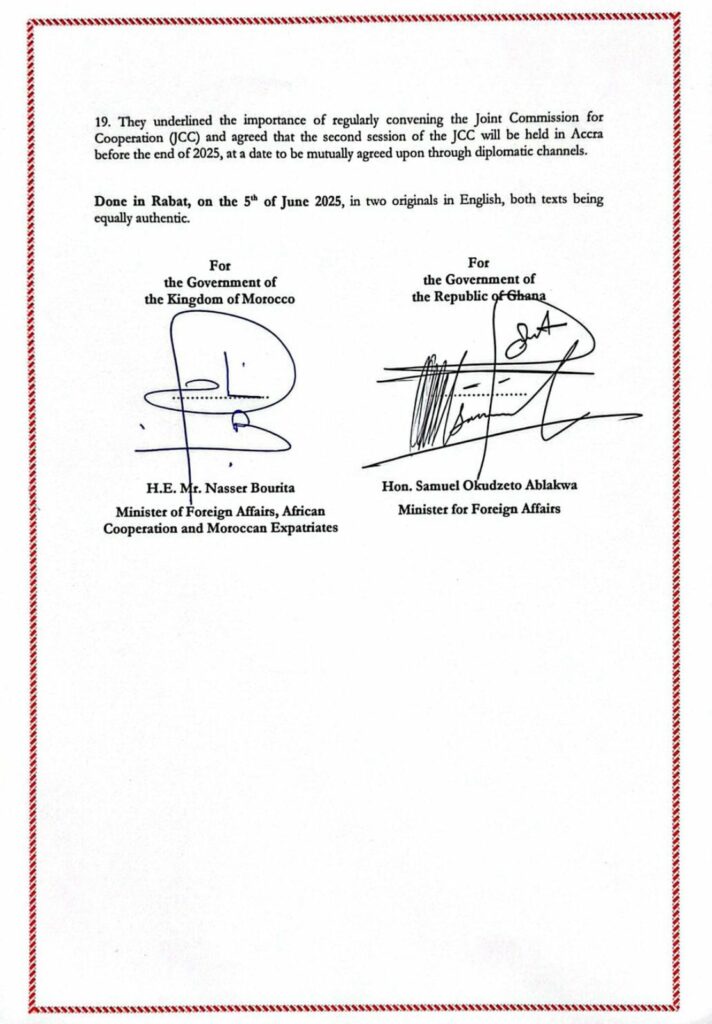 Through this principled position, Ghana reaffirmed its support for Morocco’s sovereignty and territorial integrity, stressing that the autonomy initiative represents the most appropriate framework to resolve this regional dispute, in full respect of United Nations resolutions, which remain the exclusive framework for resolving this issue.
Through this principled position, Ghana reaffirmed its support for Morocco’s sovereignty and territorial integrity, stressing that the autonomy initiative represents the most appropriate framework to resolve this regional dispute, in full respect of United Nations resolutions, which remain the exclusive framework for resolving this issue.
Strong Relations and Renewed Cooperation
The joint communiqué emphasized the strength of historical ties between the two countries, which were reinforced following the visit of His Majesty King Mohammed VI to Accra in 2017. It was agreed to boost bilateral relations towards a more dynamic partnership covering various areas of common interest, based on shared principles of mutual respect, solidarity, and South-South cooperation.
Enhancing Investment and Economic Partnership
The statement highlighted the growing Moroccan presence in the Ghanaian economy through investments in key sectors such as chemical industries, construction, financial services, and transportation. It was agreed to launch bilateral economic initiatives, including organizing a “Ghana Economic Promotion Week” in Morocco, followed by a Moroccan economic mission to Accra, aimed at creating new partnership opportunities between private sector actors in both countries.
A New Dynamic in Sectoral Cooperation
With a view to establishing renewed cooperation, both parties decided to set up a follow-up committee to implement agreed-upon projects, in addition to an expected memorandum of understanding in the military field, reflecting a shared desire to enhance coordination on regional security matters.
The agreement also includes strengthening cooperation in agriculture, green energy, higher education, scientific research, vocational training, mining, and urban development.
Visa Facilitation and People-to-People Mobility
As part of efforts to strengthen ties between the two peoples, Minister Bourita announced the activation of Morocco’s electronic visa for Ghanaian citizens, pending the conclusion of an agreement to exempt holders of ordinary passports from visa requirements, which would help encourage tourism and the exchange of visits.
Moroccan Support for Ghana’s Continental Engagement
Morocco expressed appreciation for Ghana’s leadership role within the African Union, particularly in implementing the African Continental Free Trade Area, as well as its efforts in mediation and peacekeeping in West Africa, and its active membership in the International Organisation of La Francophonie.
Education and Training at the Heart of the Partnership
In support of human capital, the communiqué praised Morocco’s contribution to the training of Ghanaian students and professionals. Rabat announced an increase in the number of annual scholarships from 90 to 140, reflecting Morocco’s commitment to strengthening academic and cultural exchange.
Strategic Support for Morocco’s Continental Initiatives
Both sides welcomed Moroccan initiatives aimed at enhancing connectivity between the Atlantic coast and West African countries, especially the Nigeria-Morocco Gas Pipeline project, which they described as a structural project capable of supporting energy sovereignty, promoting regional integration, and advancing the transition to clean energy.
A Promising Outlook for the Joint Commission
The two ministers agreed to hold the second session of the Morocco-Ghana Cooperation Commission in Accra before the end of 2025, reaffirming the ongoing momentum of bilateral relations and their shared commitment to strengthening cooperation for the benefit of the two African peoples.

